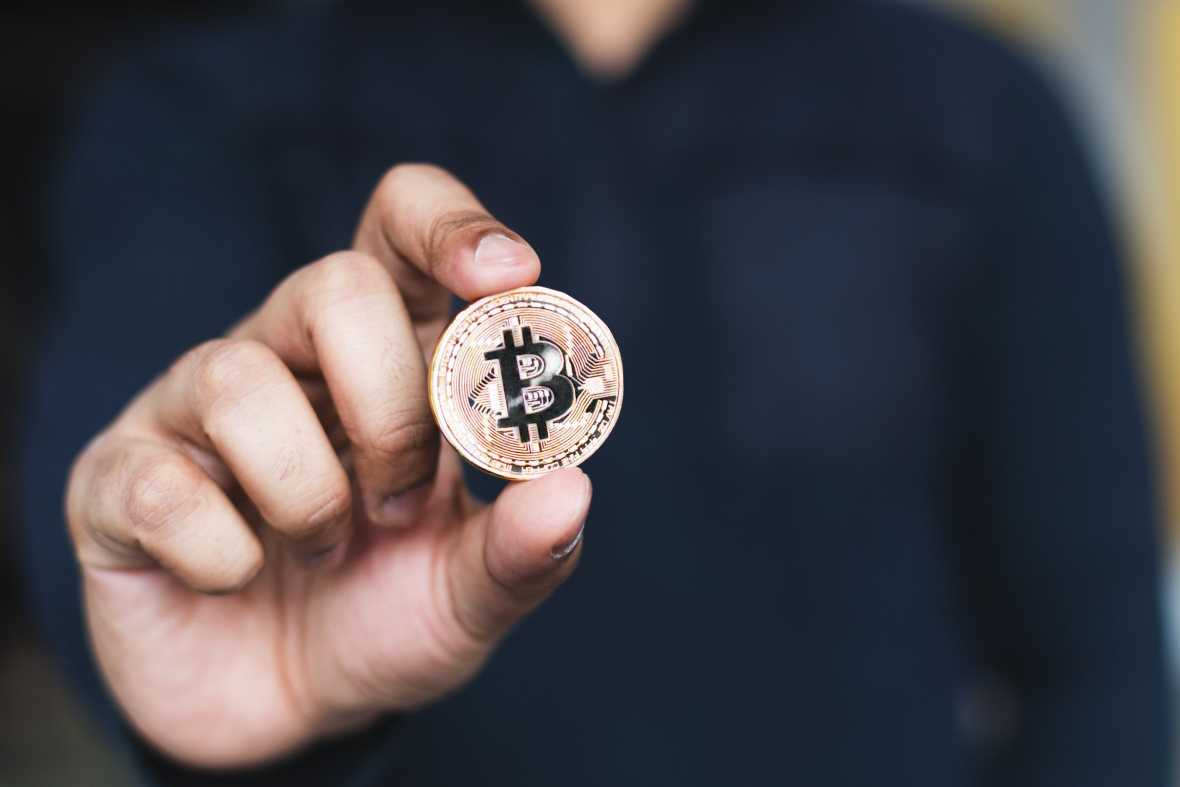
Cryptocurrency: What Financial Advisors Need to Know
February 28th, 2020
Bitcoin, the best known cryptocurrency, had a rough time in February 2020. At one point it shed about 10% of its value in three days against a backdrop of growing unease about the potential severity of a global coronavirus outbreak — a fear that infected stocks as well, dragging the S&P 500 down about 12% for the month.
Alternative.me, which tracks investor sentiment around crypto currencies in broad terms, says the fear-and-greed pendulum was stuck in the “fear” zone through the last half of the month after an ebullient first half.
For Bitcoin and the crypto-asset space generally, this slide came at an awkward moment. Just weeks earlier, with some strong returns for the nascent asset class in 2019, the financial press was abuzz with talk of crypto’s growing acceptance among investors and — rather more grudgingly — financial advisors.
In a January 2020 survey of 415 financial advisors, ETF Trends and crypto index maker Bitwise said 9% of RIA-based advisors (and 6% of financial advisors overall) already allocate a portion of their clients’ money to crypto assets — and none of them (statistically at least) plan to par these positions back in 2020. Further, the report’s sponsors expect 13% of financial advisors will manage crypto holding by the end of this year.
But for advisors, the most important takeaway from the ETF Trends/Bitwise report is not whether or not cryptocurrencies are safe or smart or popular, but that retail investors are asking about them. Over three-quarters of the advisors surveyed, 76%, said clients had inquired about crypto assets in 2019. A like percentage of those surveyed, 72%, think their clients are making side bets with crypto and not telling their advisors.
What Are Crypto Assets, and Why Should You Care About Them?
Financial advisors like you should care about cryptocurrencies because some of your clients do. No one is suggesting you join the herd let alone lead a stampede. But being ready, willing and able to educate clients on Bitcoin and the like means you can provide better advice on such assets, whether it be in terms of avoiding them or keeping allocations at reasonable levels.
The history of digital currencies may be a bit longer than some realize. Back in the late-nineties dotcom craze, digital currencies were a bit of a rage. Remember Beenz? How about DigiCash? Flooz? While some of these names may have rolled off the memory heap, you’re bound to know PayPal, a company that started out in that pack and made it through to its present status as a household name. PayPal aside, the notion of internet-bound cash systems lost its attraction after the dotcom meltdown in 2000.
That chill lasted until early 2009. In the darkest days of the financial crisis, a person or a group going by the name “Satoshi Nakamoto” unfurled Bitcoin, a decentralized “peer-to-peer electronic cash system.”
Unlike its dotcom forebears, Bitcoin relies not on “trusted third parties” to verify transactions, but on a system for cryptology called “blockchain.” Wikipedia defines blockchain as “a decentralized, distributed, and oftentimes public, digital ledger that is used to record transactions across many computers so that any involved record cannot be altered retroactively, without the alteration of all subsequent blocks.”
Although Bitcoin is practically synonymous with cryptocurrency, other more or less big names in the space include Ethereum, Litecoin, Iota, Ripple, EOS, NEO, Cardano and Bitcoin Cash, a split-off from Bitcoin that concentrates on Bitcoin “mining.”
How Do People Make Money In Cryptocurrency?
For an answer to this question, look no further than about a thousand interchangeable websites, blogs and articles. We chose IncomeNinjas, mainly for the name. It delineates more than a dozen ways to make bank with crypto, not including working for one. Here are the top five.
Buy and hold: This one’s conceptually easy. You buy your cryptocurrency and you hold it, as in you don’t touch it until you retire or something. Difficulty low, time commitment low, earnings potential high (over time) Buy and hold for dividends: Same as right above only with dividend payments. Dividend payers include NEO, Kucoin, BitMax and Komodo. *Difficulty low, time commitment low, earnings potential medium*
Mining: Cryptocurrency mining comes up a lot in media coverage, possibly because it sounds nuts. The process is fundamental to crypto systems, however. Essentially you set your internet-connected computer to help verify crypto transactions on the blockchain ledger, and get paid a bit for each exchange. Over time, the pay can add up. Trouble is, you’re competing not with other kitchen-table PC owners, but with warehouses full of souped-up servers — to the point where most regular Joes don’t have a prayer of making crypto mining worth their while. *Difficulty high, time commitment medium, earnings potential medium to high*
Day trading: This one is for people who want to make a fulltime job of pouring over trading charts looking for inter-day price differentials. Not for beginners. *Difficulty medium, time commitment high, earnings potential medium to high*
Microtasks: There’s a burgeoning eco-system of stuff you can do online to make crypto cash. You know, surveys, app testing, things like that. The pay? It’s brutal. Work hard and you could pull in as much as the Bitcoin equivalent of $5.40 an hour. So hey, pace yourself. Difficulty low, time commitment low, earnings potential low
Other angles for earning money on cryptocurrencies include affiliate marketing programs, crypto lending, and crypto tools, trading platforms and hosting blockchain ledgers, AKA “masternodes.”
You Don’t Have to Like Cryptocurrency, But You Must Understand It
The January ETF Trends/Bitwise report stressed the attraction of cryptocurrency as a function of its hedging characteristics. But this supposed lack of correlation with other assets (read: stocks) was under question after the February correction.
Further, these currencies are so far unregulated, with no national jurisdiction considering them “electronic money,” which by current definition must be backed by a fiat currency. The SEC has repeatedly warned it sees the crypto space as an excellent haunt for fraudsters, and it has so far chucked back every attempt to register a crypto fund.
And this stink-eyed stance, common in Western economies, is relatively benign compared to the outright hostility of Russia and China. China in fact has plans of its own for a (tightly controlled) cryptocurrency of its own. A spate of Chinese crypto exchanges were shuttered in 2019, driving traders out of business or underground.
Lots of non-totalitarians dislike crypto as well. Citing some of the pie-in-the-sky rhetoric of crypto boosters, these skeptics view the whole rigamarole as an extremely tech-intensive and risky way to demonstrate one’s loathing for things like banks, regulators and authority in general.
Luckily, as an advisor, you don’t even have to be a fan or a hater of cryptocurrency. You just have to understand it, and be able to explain it to clients when they ask about it.
After all, if anything like 72% of advisors actually have clients who have bought into Bitcoin and the like, it’s in everyone’s best interests that you’re attuned to all things crypto — if only to keep their allocations at prudent levels.




